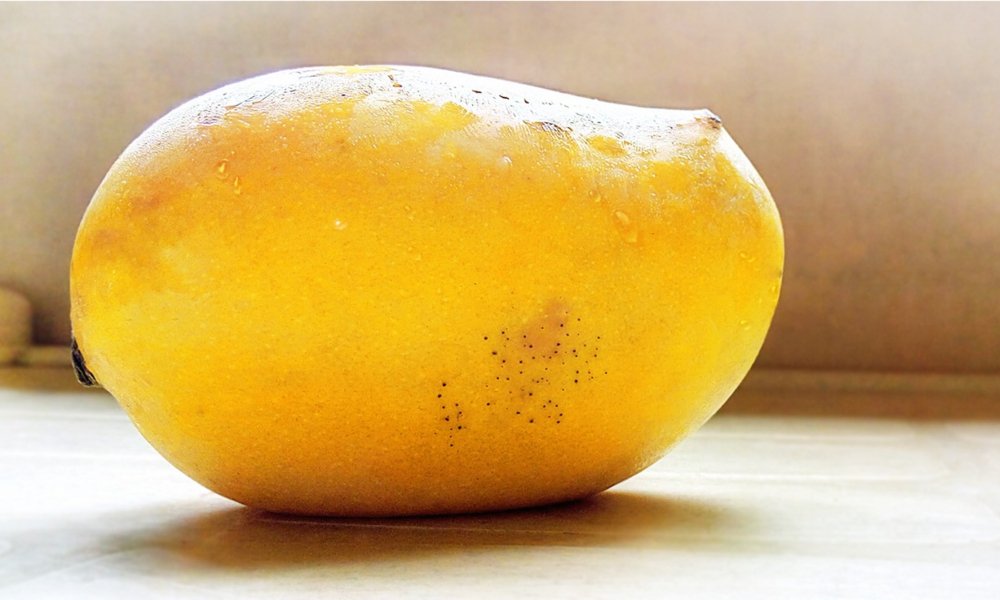If you suffer from constipation, a mango might just be what the doctor ordered.
A new pilot study carried out by Texas A & M University and published in the the peer-reviewed journal Molecular Nutrition and Food Research found that mangoes contain a combination of polyphenols and fiber that is more effective than an equivalent amount of fiber powder in relieving constipation.
Susanne U. Mertens-Talcott, a corresponding author of the four-week study and an associate professor in the department of nutrition and food science at Texas A & M University, stated:
“Our findings suggest that mango offers an advantage over fiber supplements because of the bioactive polyphenols contained in mangos that helped reduce markers of inflammation and change the make-up of the microbiome, which includes trillions of bacteria and other microbes living in our digestive track. Fiber supplements and laxatives may aid in the treatment of constipation, but they may not fully address all symptoms, such as intestinal inflammation.”
Researchers took 36 adult men and women with chronic constipation and randomly divided them into two groups — a mango group that ate about 300 grams of mango a day (equivalent to about 2 cups or 1 mango) and a fiber group that incorporated the equivalent amount of fiber powder (1 teaspoon or 5 grams of dietary psyllium fiber supplement) into their daily diet.
A food questionnaire was then given to the participants to assess their food intake and ensure their eating habits remained consistent (i.e. equivalent amounts of calories, carbohydrates, fiber, protein and fat) and measures of constipation severity were taken at the beginning and end of four weeks.
Their analysis revealed that while both the mango and fiber groups improved over the course of the study, mangoes proved more effective in reducing the symptoms of constipation than fiber alone.
Mango supplementation significantly improved constipation status (e.g. stool frequency, consistency and shape), increased short chain fatty acids levels, which indicate improvement of intestinal microbial composition, and helped to reduce certain biomarkers of inflammation.
Mangoes have long been know to be a rich source of dietary fiber, but Texas A & M University’s study is possibly the only study ever to be dedicated to the efficacy of the tasty fruit at relieving constipation.
But as promising as these findings are, the researchers concluded that more research is needed to determine the exact mechanism behind the protective effect of mangoes in constipation and the role mango polyphenols may play in supporting the beneficial effects of fiber.
A mango day keeps your food moving smoothly and easily, right?














